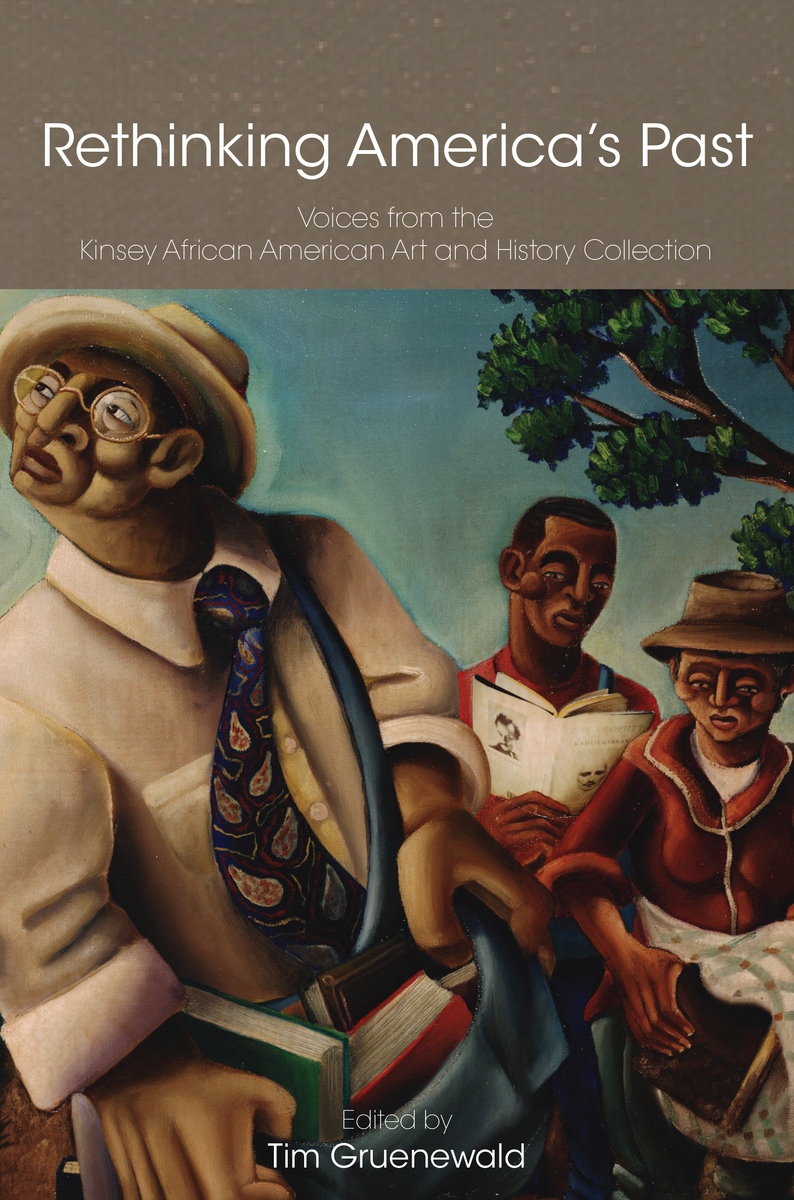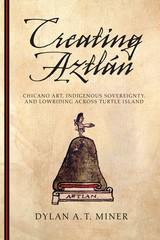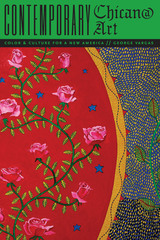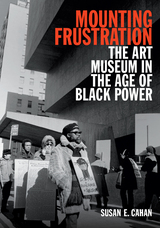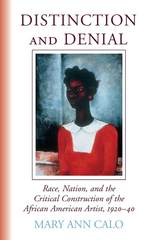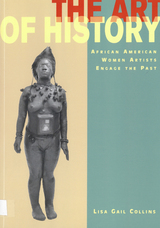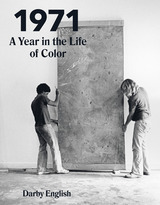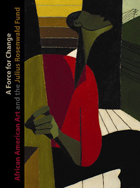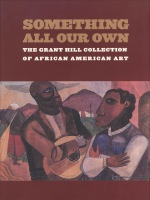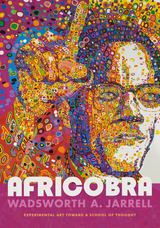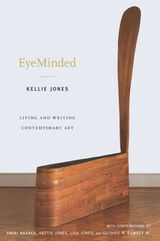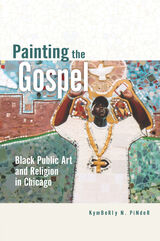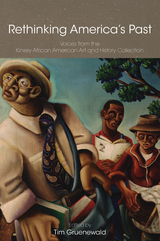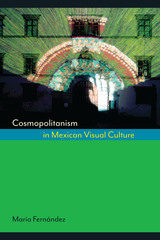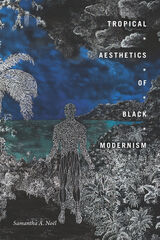Rethinking America's Past: Voices from the Kinsey African American Art and History Collection
University of Cincinnati Press, 2019
Cloth: 978-1-947602-13-7 | eISBN: 978-1-947602-14-4
Library of Congress Classification N6538.N5R48 2018
Dewey Decimal Classification 700.8996073
Cloth: 978-1-947602-13-7 | eISBN: 978-1-947602-14-4
Library of Congress Classification N6538.N5R48 2018
Dewey Decimal Classification 700.8996073
ABOUT THIS BOOK | AUTHOR BIOGRAPHY | REVIEWS | TOC
ABOUT THIS BOOK
While visitors to art and history museums may be there to simply enjoy the curated objects, the question of what is included (and excluded) in these collections and who has the power over this process echoes the struggle for inclusion that is so central to the African American experience. Since its inception, the Kinsey African American Art and History Collection® has played an important role in this struggle, seeking out objects that give voice to previously excluded experiences, and providing an alternative to the limits of institutional collections.
Among the first scholarly books dedicated to a private African American collection, Rethinking America’s Past: Voices from the Kinsey African American Art and History Collection both chronicles the reach of this important cultural collection and contributes to its project by sharing selected objects and stories with a broader audience. Essays range in subject from iconic African American artists, such as Loïs Mailou Jones and Beauford Delaney, to important historical figures such as Frederick Douglas and Martin Luther King, to individuals whose experiences might be lost to history but for the found objects that preserve their stories. Rethinking America’s Past demonstrates how the African American story, from slavery through the present, is represented and can be actively remembered through the act of collecting.
Rethinking America’s Past will appeal to audiences interested in African American history as well as art history, but its real power is in linking the two, showing how important collections are in constructing and repairing historical narratives, and how in the words of editor Tim Gruenewald, “Collecting overlooked aspects of our past and sharing such collections enables a deeper understanding of the present moment, and facilitates a more inclusive and just future.”
Among the first scholarly books dedicated to a private African American collection, Rethinking America’s Past: Voices from the Kinsey African American Art and History Collection both chronicles the reach of this important cultural collection and contributes to its project by sharing selected objects and stories with a broader audience. Essays range in subject from iconic African American artists, such as Loïs Mailou Jones and Beauford Delaney, to important historical figures such as Frederick Douglas and Martin Luther King, to individuals whose experiences might be lost to history but for the found objects that preserve their stories. Rethinking America’s Past demonstrates how the African American story, from slavery through the present, is represented and can be actively remembered through the act of collecting.
Rethinking America’s Past will appeal to audiences interested in African American history as well as art history, but its real power is in linking the two, showing how important collections are in constructing and repairing historical narratives, and how in the words of editor Tim Gruenewald, “Collecting overlooked aspects of our past and sharing such collections enables a deeper understanding of the present moment, and facilitates a more inclusive and just future.”
See other books on: 1943- | Art collections | Collective memory | Private collections | Voices
See other titles from University of Cincinnati Press
